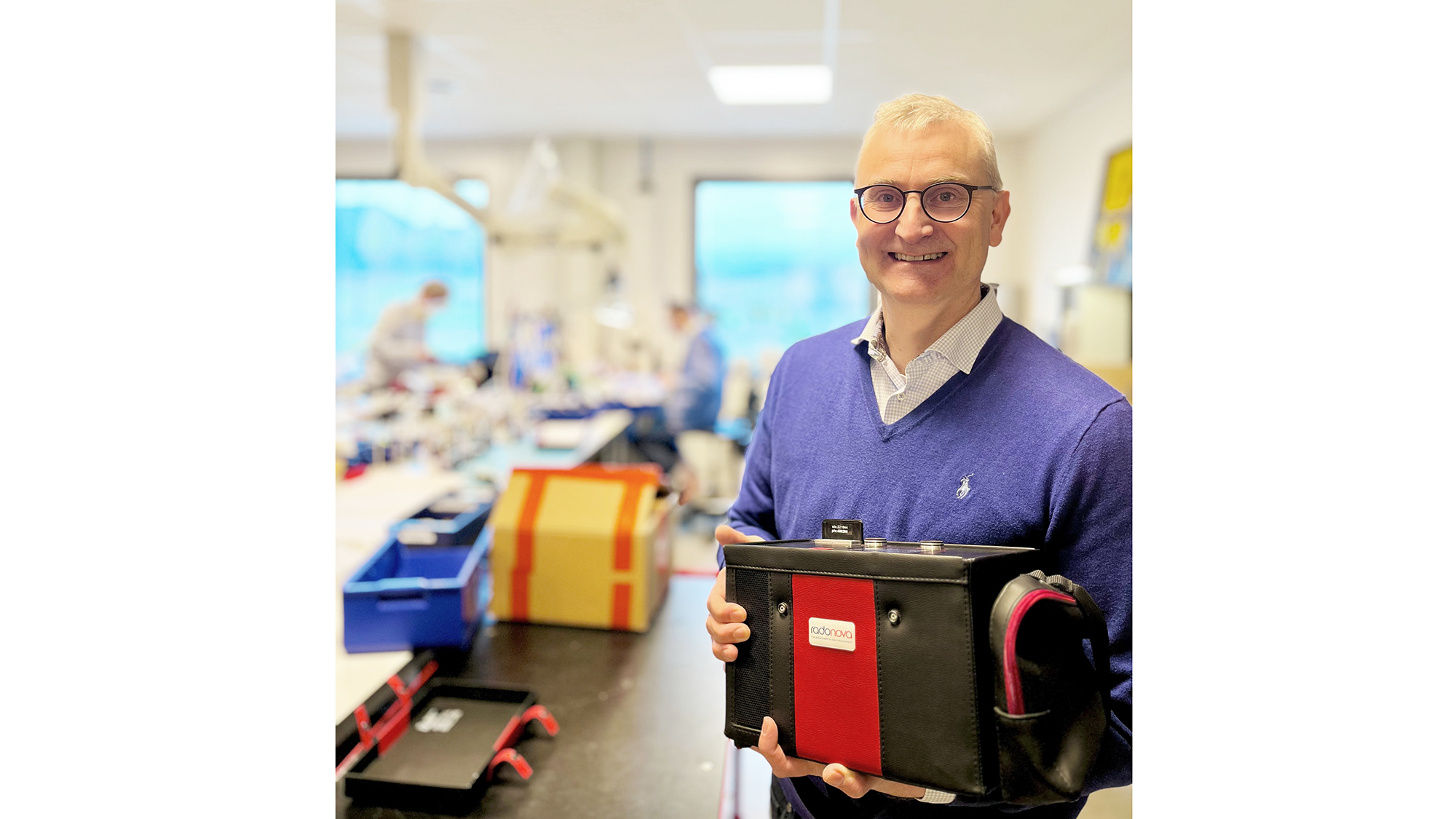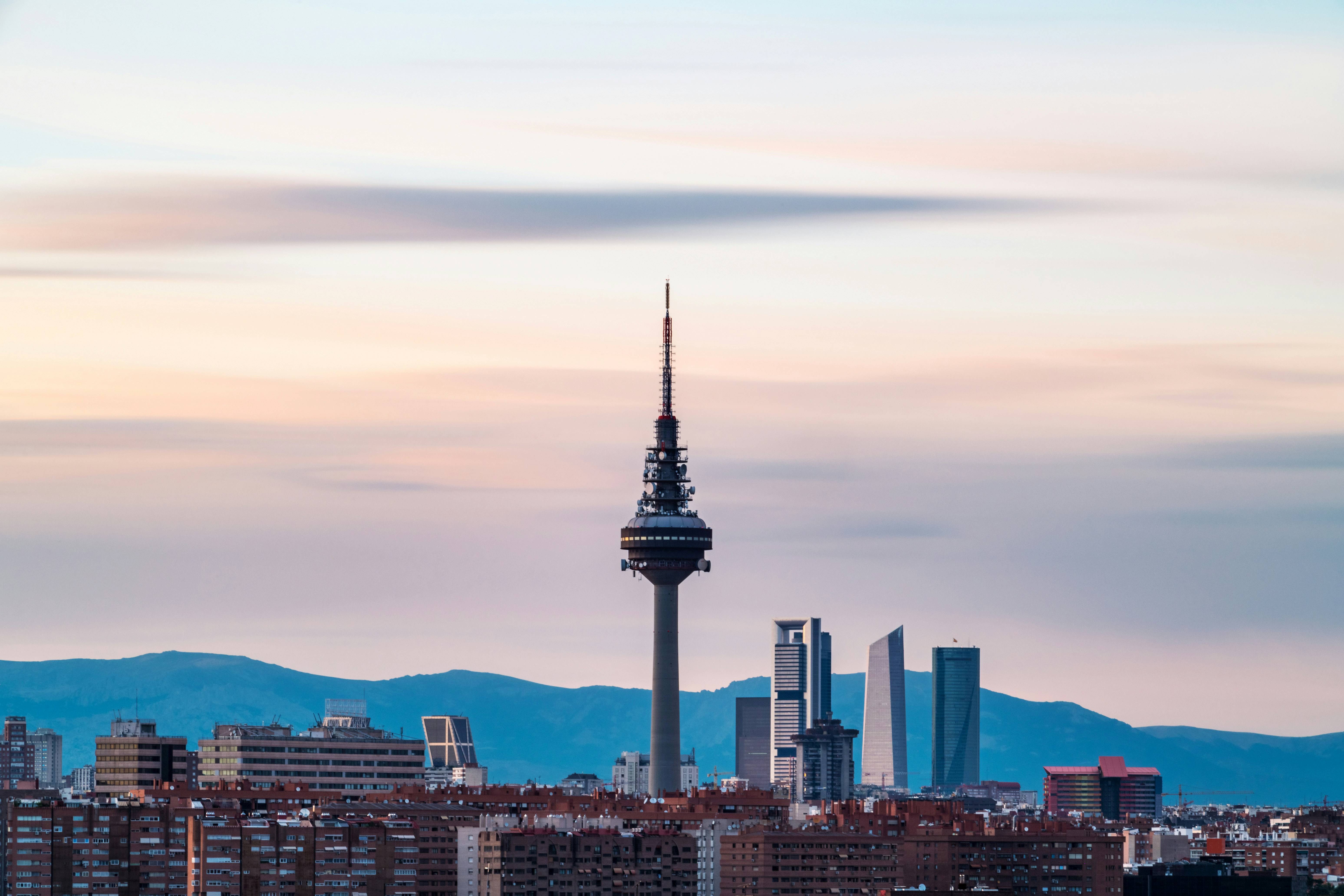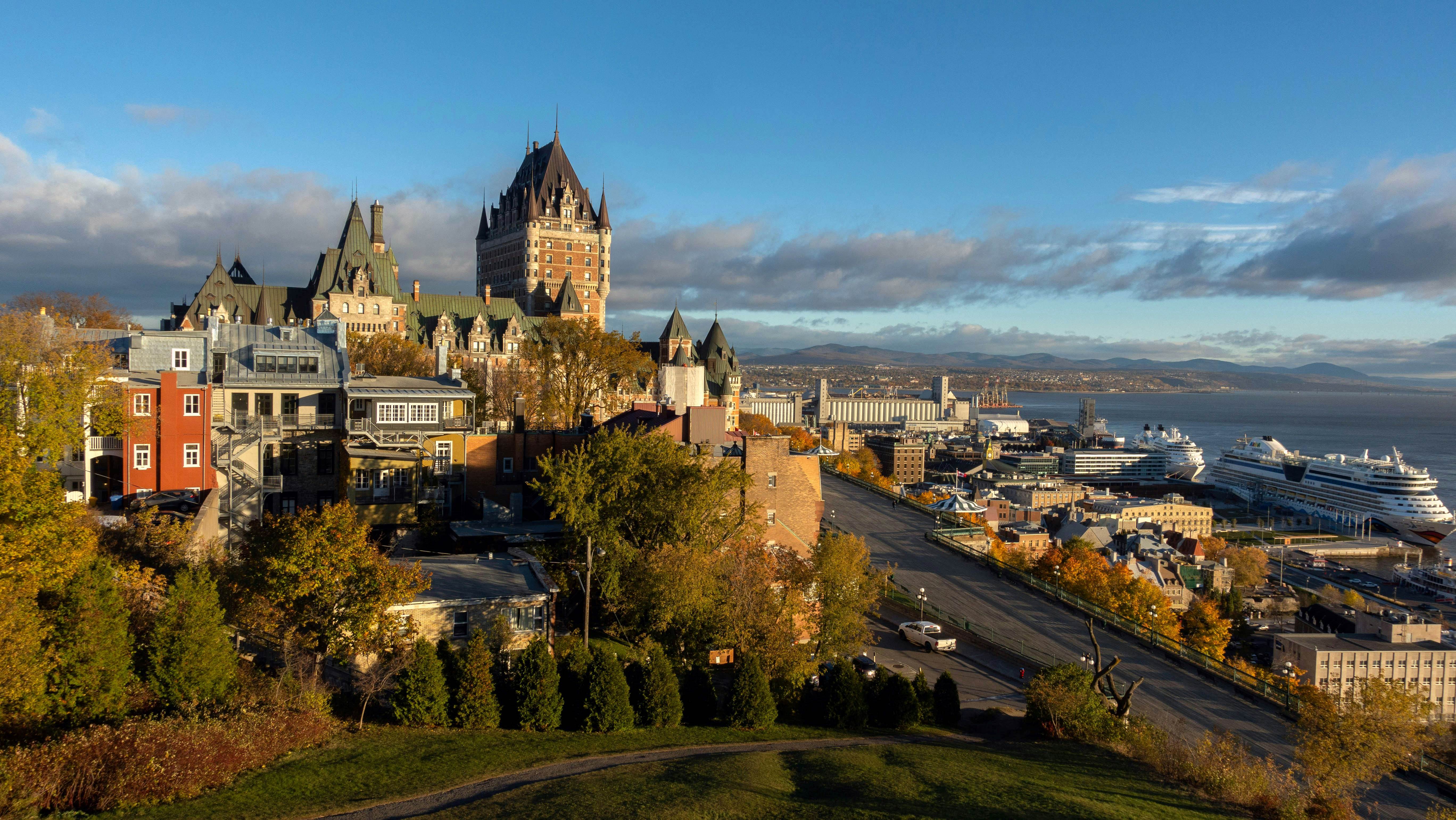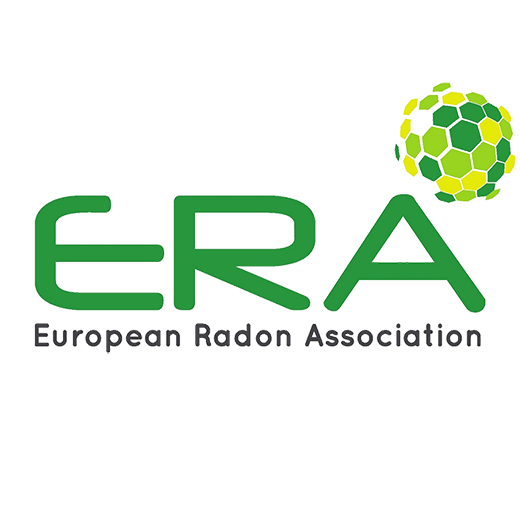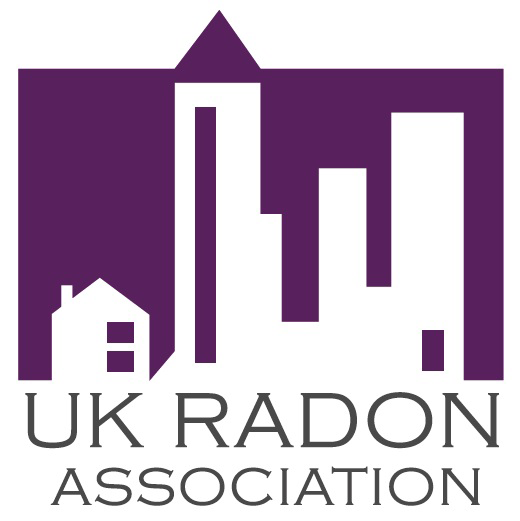Radonova is pleased to announce the newest addition to our international team, Vanda Jakabova, who has a solid background in natural sciences, ionizing radiation, and radiation protection. We met with Vanda, who tells us a little about her background and why she chose to become part of Radonova.
What were you doing before you started at Radonova?
I studied natural sciences with a focus on physical geography at Uppsala University. During and after my studies, I worked as a laboratory technician in the GEO lab, focusing on sediment, soil preparation, and analysis. I have an extensive technical and analytical background and am driven by learning new methods – the more, the better. Since I have experience in environmental geochemistry, I later worked as a research assistant where I investigated the effects of climate change on radiocesium (137Cs) and anomalies from nuclear disasters like Chernobyl and Fukushima.
How did you become interested in the position at Radonova?
Although I did not have in-depth knowledge about radon specifically, the area seemed very interesting. The impetus was when I presented the results of a project at an NSFS conference (Nordic Society for Radiation Protection). It is a forum where I heard a lot about radon and its impact on people. Among others, Radonova’s Tryggve Rönnqvist was there presenting interesting findings on radon exposure in workplaces. It felt very insightful, and I spoke with Tryggve after the presentation. We clicked, and he invited me to visit Radonova. It took a while before we arranged a visit, but once there, it felt very right.
What are your impressions of the company and workplace so far?
I am very happy. I started in production and have worked my “up.” It has worked well as it gives insight into almost all parts of our operation and an understanding of how the company works. I like the corporate culture; there is great freedom, and we are often encouraged to take our own initiatives. As an employee, I am virtually never subjected to “micro-management,” yet help is always at hand. I started during the high season and was quickly impressed by the loyalty and commitment of my colleagues. They do everything to deliver the best service and technology. I enjoy a fast-paced work environment where things happen, just like at Radonova.
Why is radon such an interesting topic?
Radon accounts for about half of all human exposure to radiation. It is also the most common cause of lung cancer after smoking and the leading cause of lung cancer among non-smokers. Another contributing reason for my interest is that I come from a city with rich uranium deposits. Considering my background, I was shocked that more isn’t spoken about radon and its effects on people. I also appreciate the technical aspect and the science behind detectors and instruments. It is an area where there is a lot to learn.
Is there anything particular you would like to focus on?
I would say awareness. Radon is a naturally occurring gas and in outdoor environments its concentration is nothing to worry about. But measuring radon is the only way to know if your home or workplace has dangerous levels of radon gas. At the same time, not everything marked as “radioactive” is a danger to your health. But radon is overall a complex area, and a correctly conducted measurement is the only way to know if there are health risks or not.


